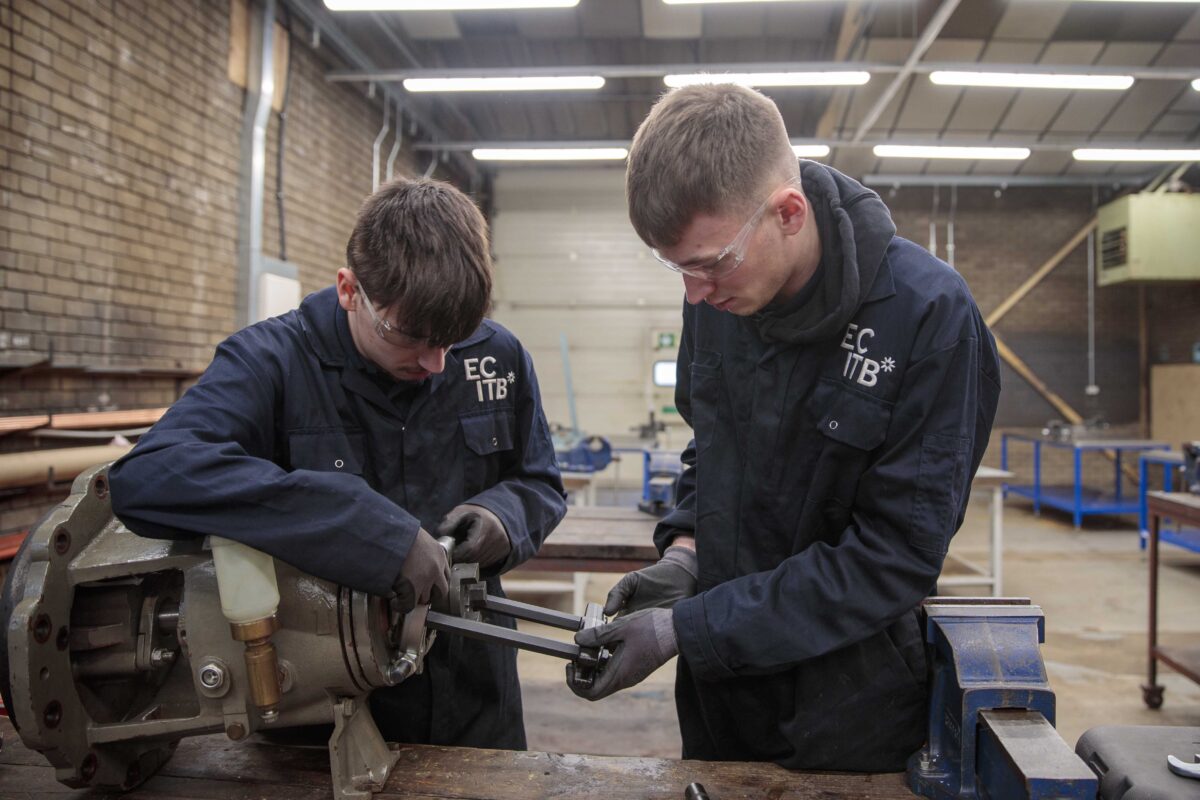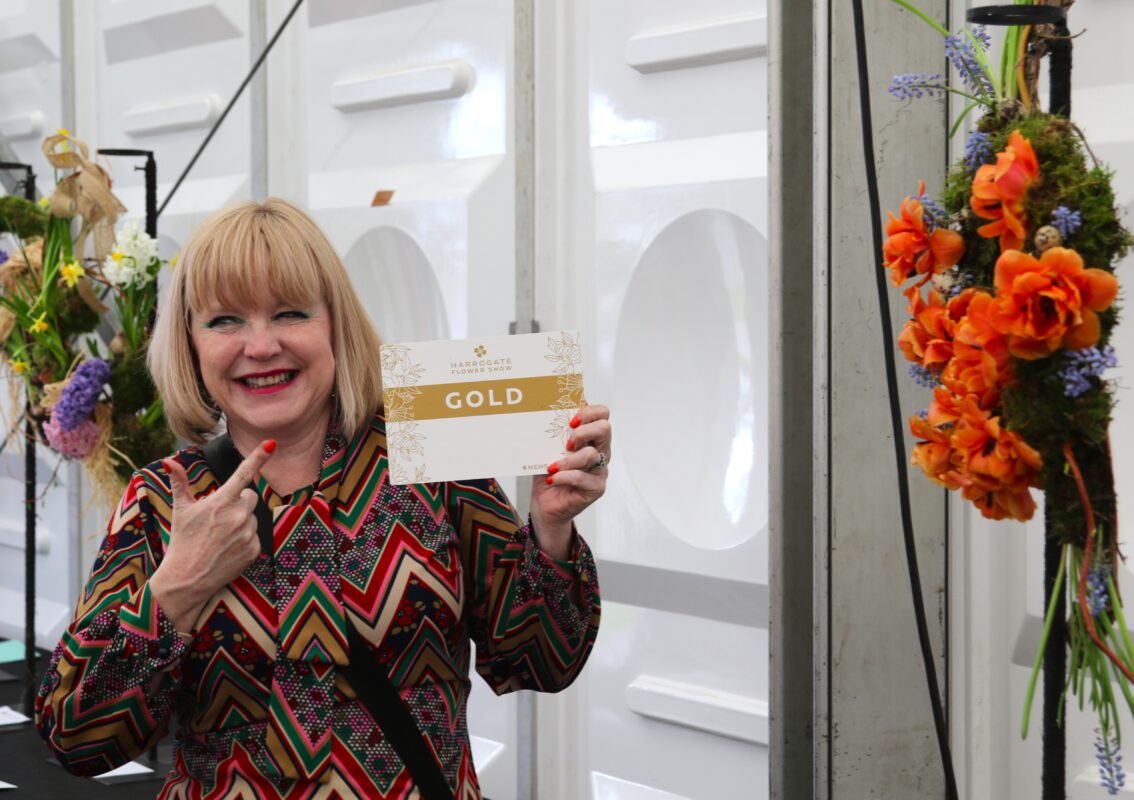Creating a menopause-friendly workplace

With women making up the majority of the further education workforce, it seems surprising that consideration for those experiencing the menopause has only fairly recently made it on to the agenda. This is not just an age or gender issue, it is an organisational one, with a huge impact on the workforce, either directly or indirectly, one that should be addressed under the umbrella of staff wellbeing.
The first publication of the Government’s ‘Further education workforce’ (2021/22) statistics show1: ‘..the further education workforce is predominantly (65.6%) female… across all role types, particularly in administration and support roles. Three out of every five (60.2%) FE teachers are female’.
It seems remarkable that in a majority female environment the menopause has not been in focus until now. Women are rightly becoming increasingly vocal about their experiences of the menopause and this is helping to open the conversation, and the support of celebrities such as Davina McCall have also had a significant impact.
There are undoubtedly workplaces where stigma surrounding menopause continues and it’s time for colleges and schools to support the mainstay of our education workforce.
Up to now, the menopause has rarely been acknowledged as a health and wellbeing issue – but leaders are coming to recognise the impact it has on individuals, their colleagues and at times their students. Sensitive, positive action should be taken to normalise discussion and address this stigma.
The menopause is usually experienced between the ages of 45-55, but physical and psychological symptoms can occur years before and continue for years after. It can be both physically and emotionally distressing, and the psychological effects can also impact workplace relationships and performance.
Symptoms can significantly affect the daily lives of employees. Ranging from the more commonly recognised ‘hot flushes’ to heart palpitations and panic attacks, a quarter of those experiencing menopause suffer debilitating symptoms that can lead to physical and mental illness.
Severe symptoms may lead to work absences, but with the stigma that surrounds the menopause, some women feel unable to disclose their reasons for absence or ask for time off. In extreme circumstances, some choose to leave their job altogether.
The Menopause and the Workplace2 report (May 2022) by the Fawcett Society commissioned by Channel 4, polled 4,000 women aged 45-55. The report uncovered:
- 41% reported that the menopause or menopausal symptoms were treated as a joke by colleagues
- 39% cited anxiety or depression as a reason for absence, rather than share their menopause status
- 14% asked for reduced hours
- 8% stopped asking for promotion
- 10% left their job because of menopause symptoms.
Under the Equality Act 2010 (s.20)3 all employers have a duty to make reasonable adjustments and take positive action to remove any disadvantages that could be experienced by people who have a disability or illness. According to ACAS the menopause can sometimes be considered a disability under discrimination law.
Creating a menopause-friendly workplace
It’s important to communicate with all your staff – begin by seeking views about how your setting currently supports those going through the menopause. Here are some suggestions:
Ask staff for their feedback on how they think those who have experienced the menopause, feel supported in your setting. This will need to be anonymous – you can celebrate what your setting is doing well, and target improvements in areas that will make the most significant impact. Repeat this at a later date to see the impact of any changes you make.
Introduce a menopause policy – if you haven’t already – to provide support for menopausal colleagues and prevent discrimination. The policy may include how employees report health issues relating to the menopause and who to inform; details of adjustments employees may request to help manage their symptoms; an outline of how menopause absence relates to absence management policies; and training for managers to help them support colleagues experiencing menopausal symptoms.
Often a few simple changes in the workplace can make a world of difference – talking about the menopause openly can reduce the impact on staff, and reasonable adjustments can enable people to continue performing well in their roles. Here are some suggestions:
- Flexibility around additional breaks, with a quiet area or room available, that can be accessed at any time, with temporary cover available if staff need to leave their post
- Make allowances for the potential additional need for sickness absence
- Allow flexible / home working, wherever possible
- Reduce demands if workload is identified as an issue; provide additional time to complete tasks if needed, or consider substituting with alternative tasks
- Ensure that staff are trained in mental health awareness
- Raise general awareness of issues around the menopause, so colleagues are more likely to be supportive. Provide opportunities to network with colleagues experiencing similar issues – for example, through a menopause action and support group
- Provide access to counselling services.
In any conversation with staff, it’s important that leaders and line managers remember that everyone’s experience of the menopause is unique, and some staff may need personalised support to help them manage the impact of the menopause on their work. Leaders need to treat the menopause as they would any other health issue.
Menopausal symptoms can significantly impact a person’s life – their relationships at work and home. Menopause friendly workplaces, support the wellbeing of all staff, help break the stigma and taboo surrounding the menopause, and create an inclusive environment. Reasonable adjustments can ensure everyone continues to thrive within the workplace.
It’s why we made our course for leaders on supporting those experiencing the menopause free for everyone working in education. You can access it here, as well as sign-up for other free resources. If you would like further information and help with creating menopause-friendly workplaces, please click here. For further support and advice about creating a culture with staff wellbeing at its centre, please contact welbee.co.uk
By Mark Solomons, founder and CEO Welbee










Responses